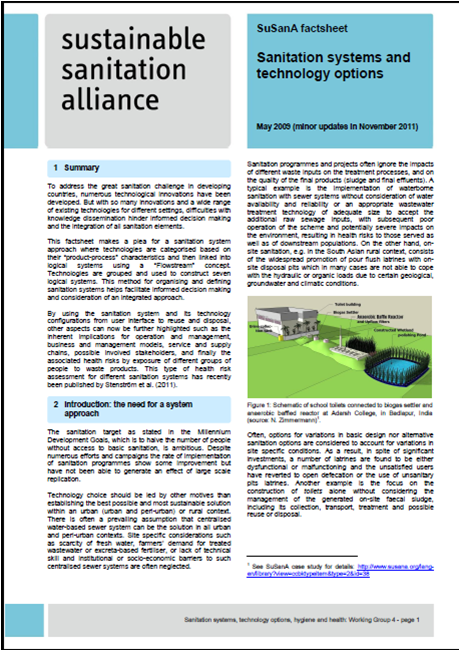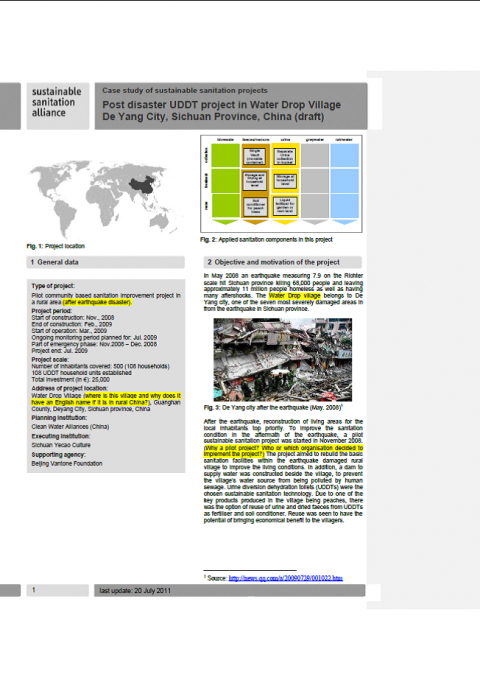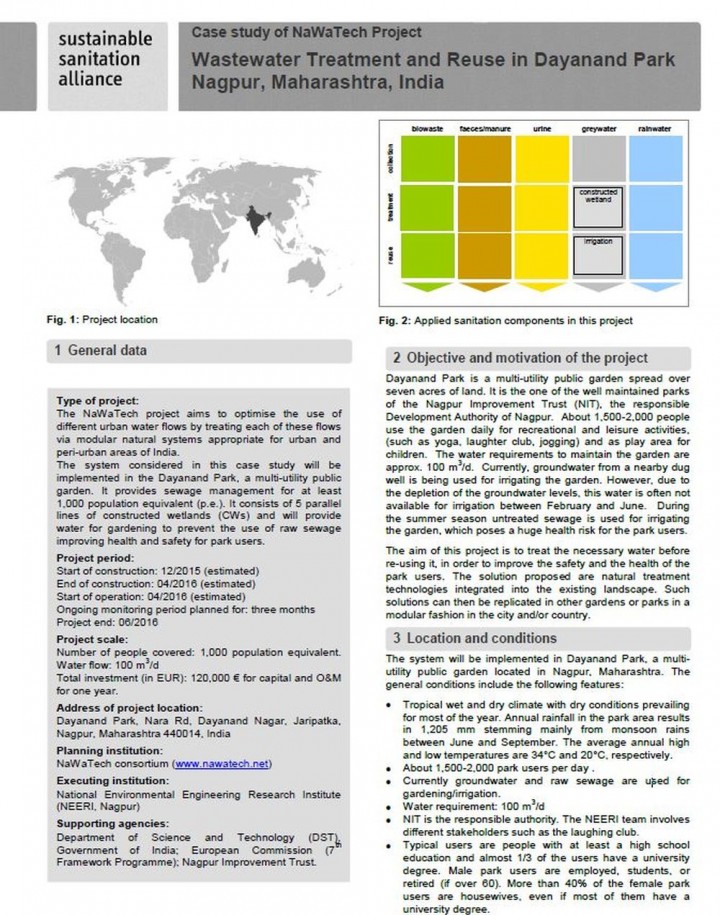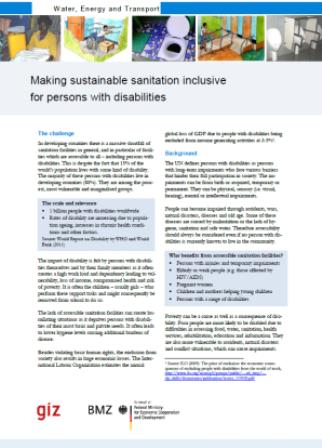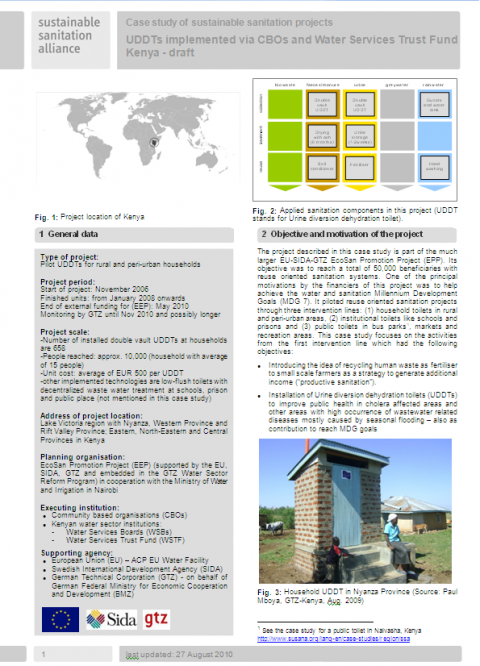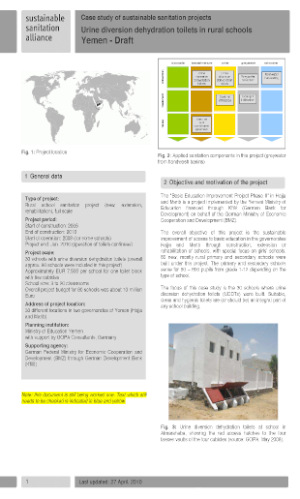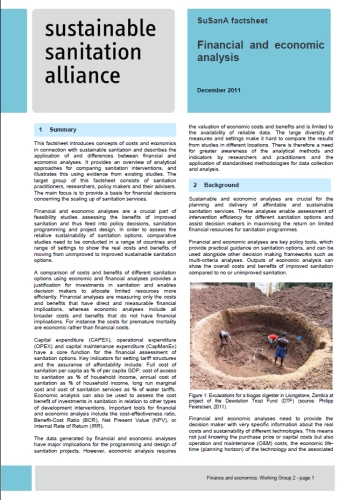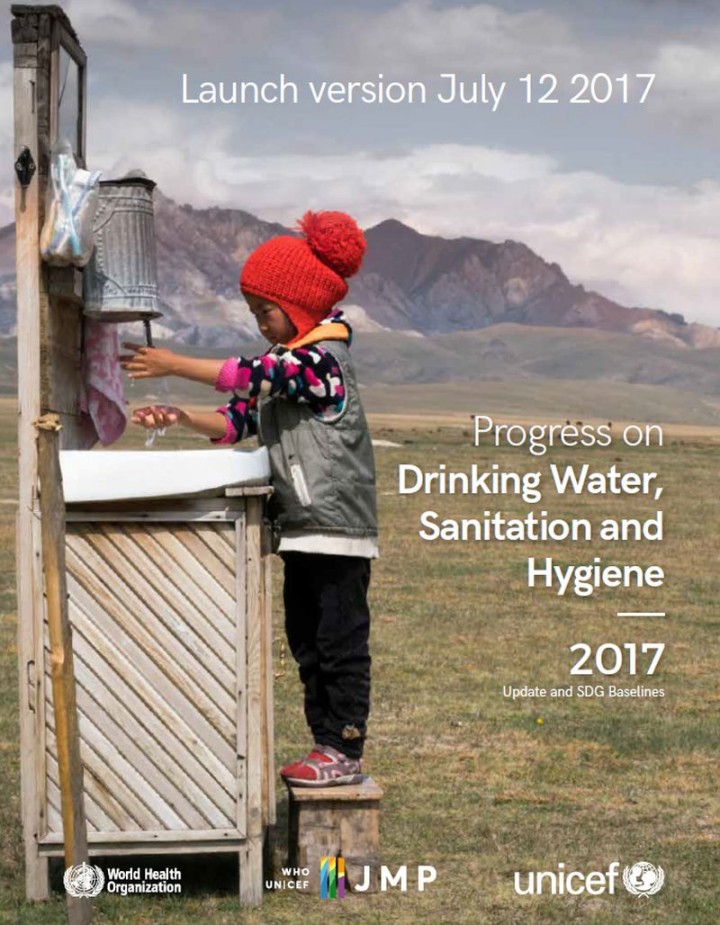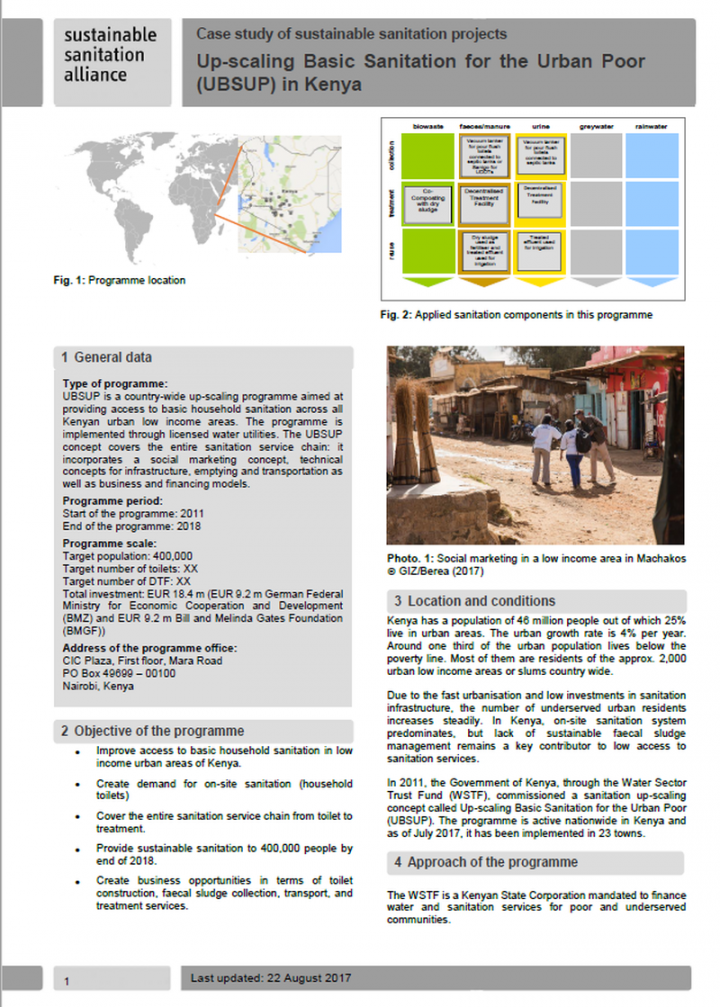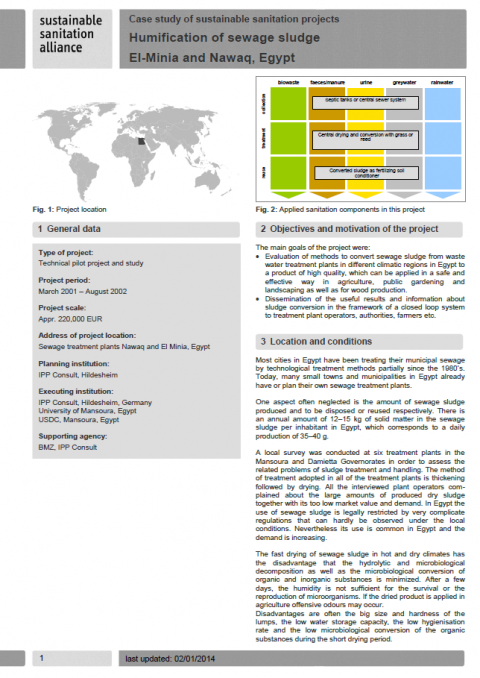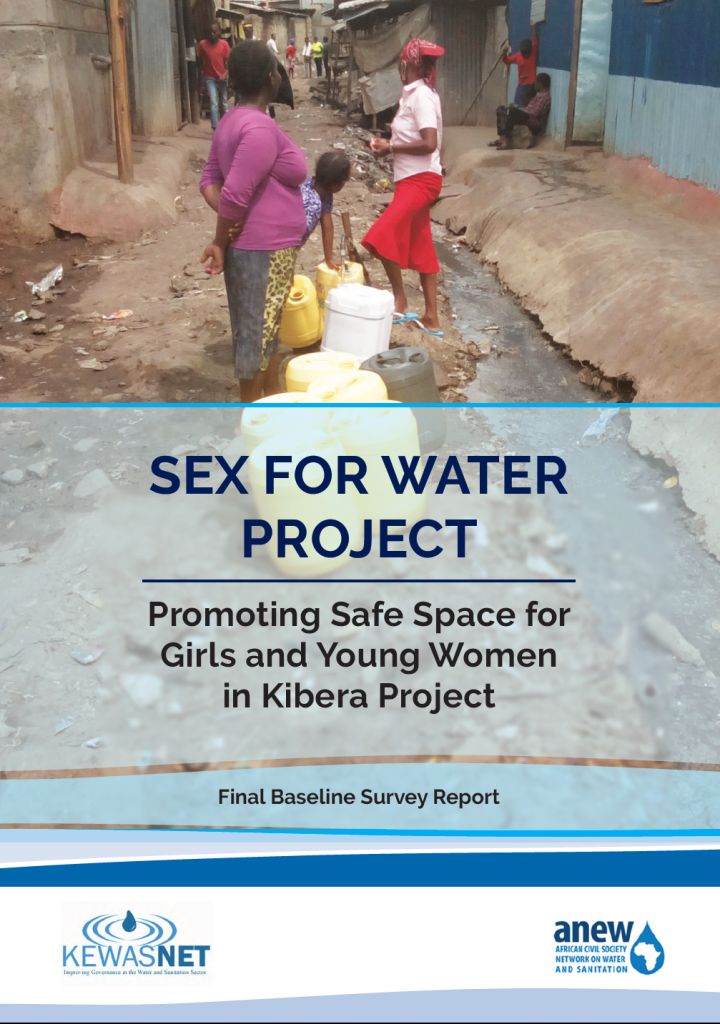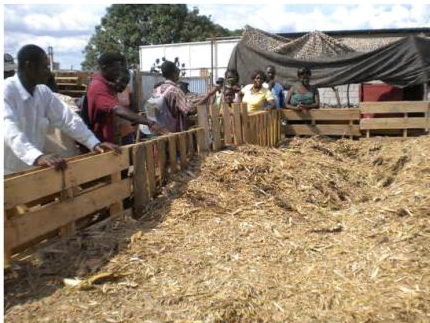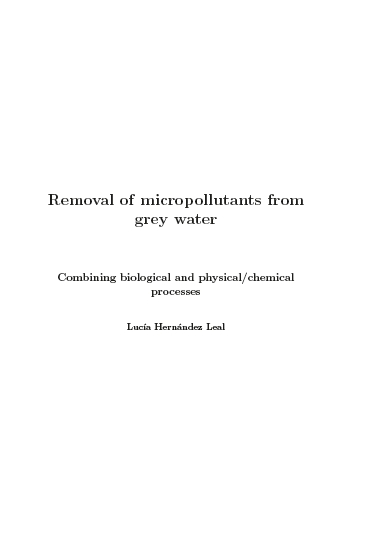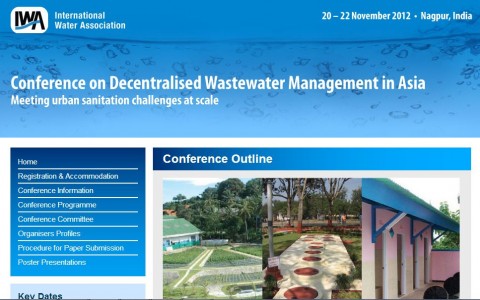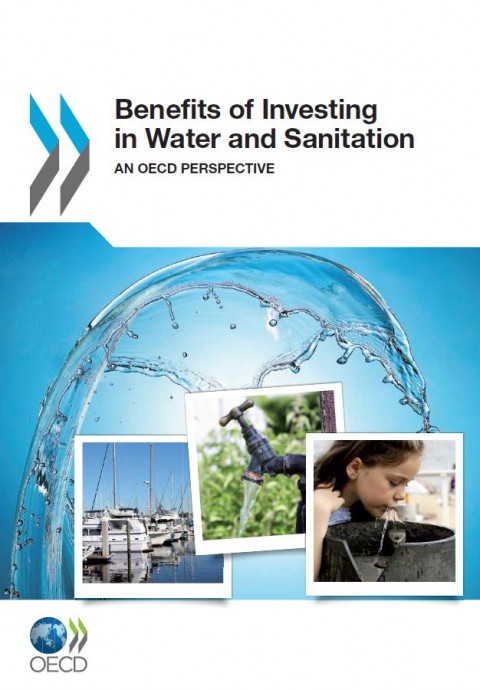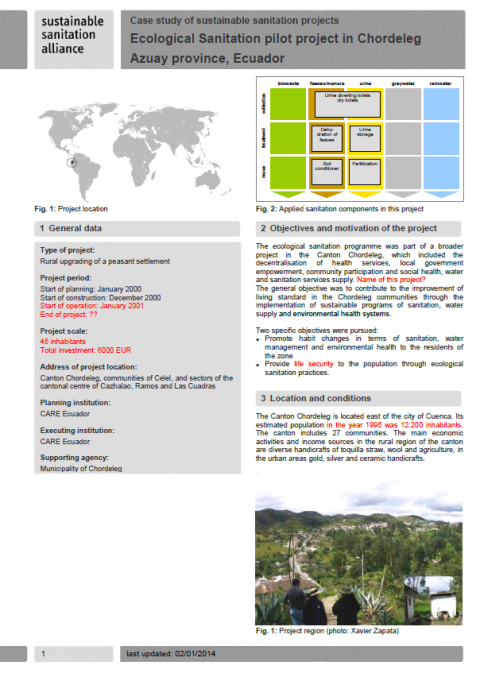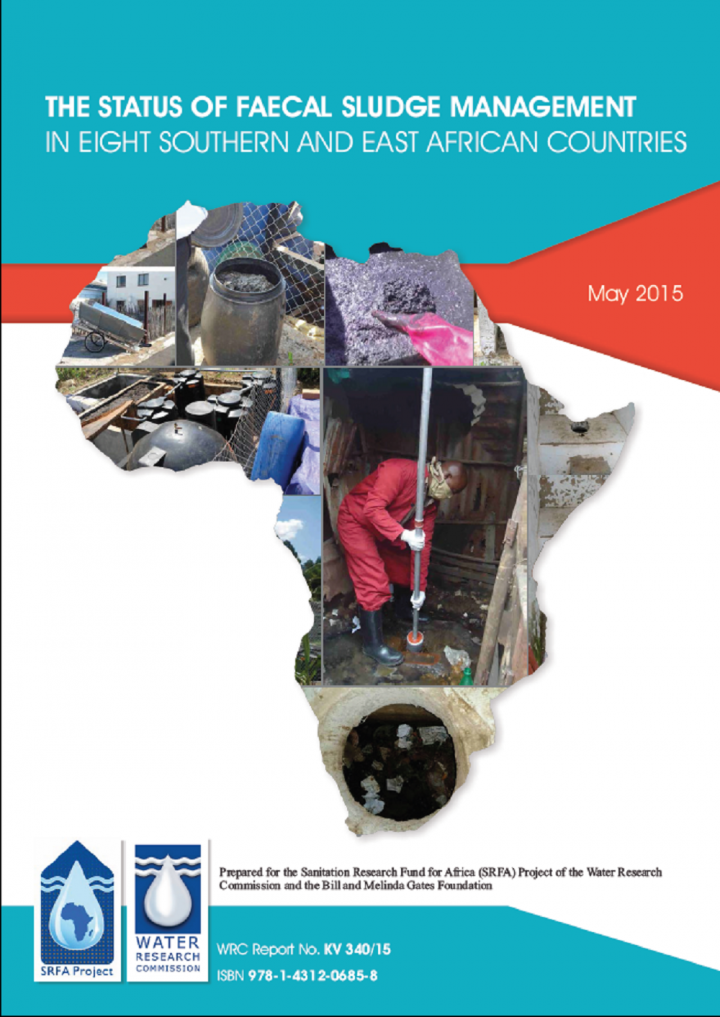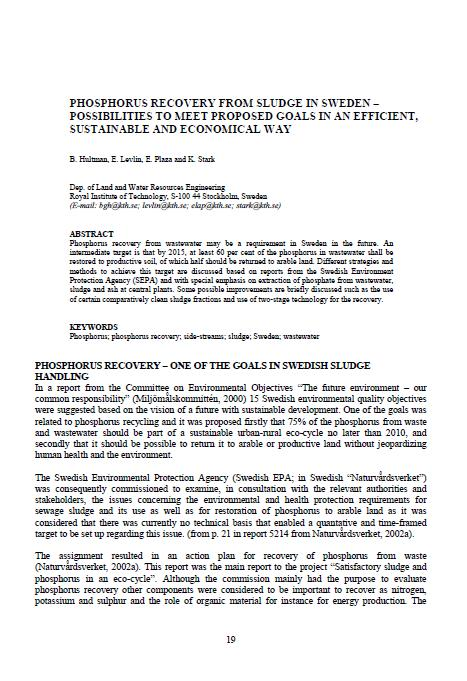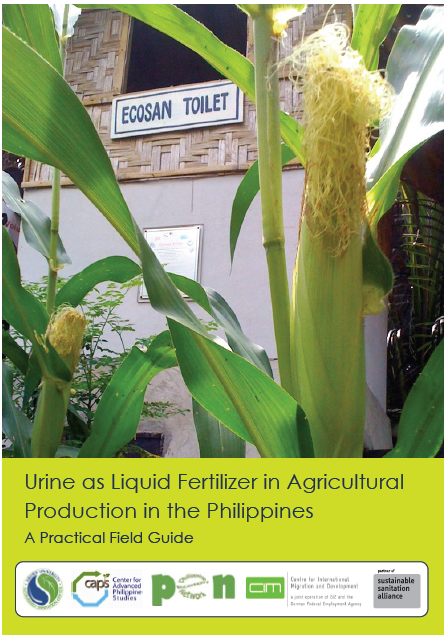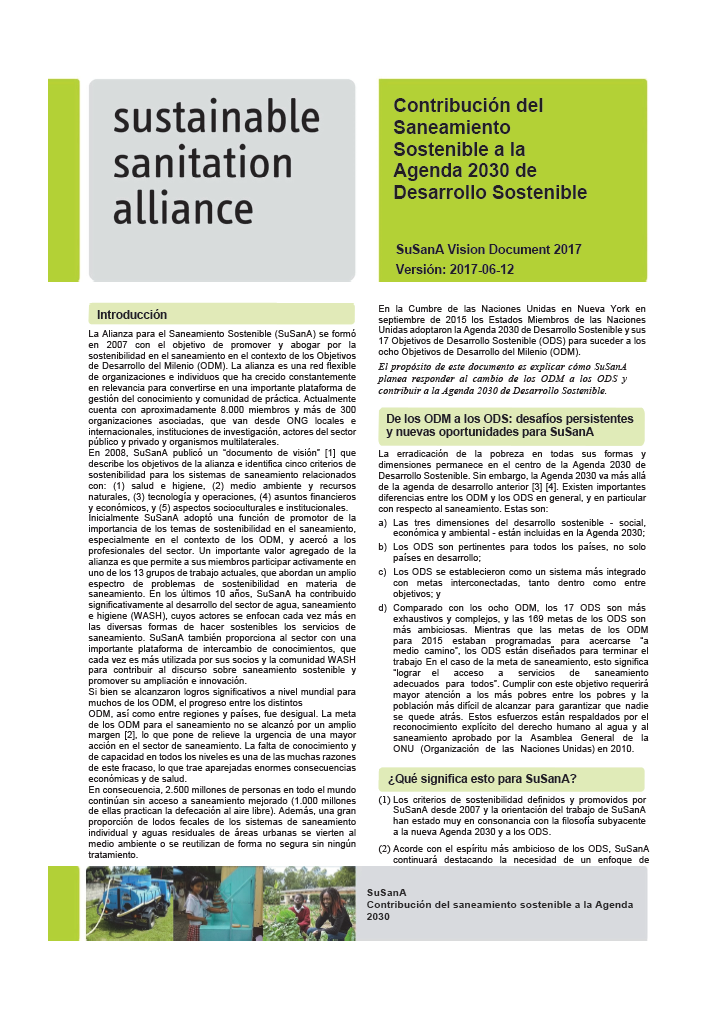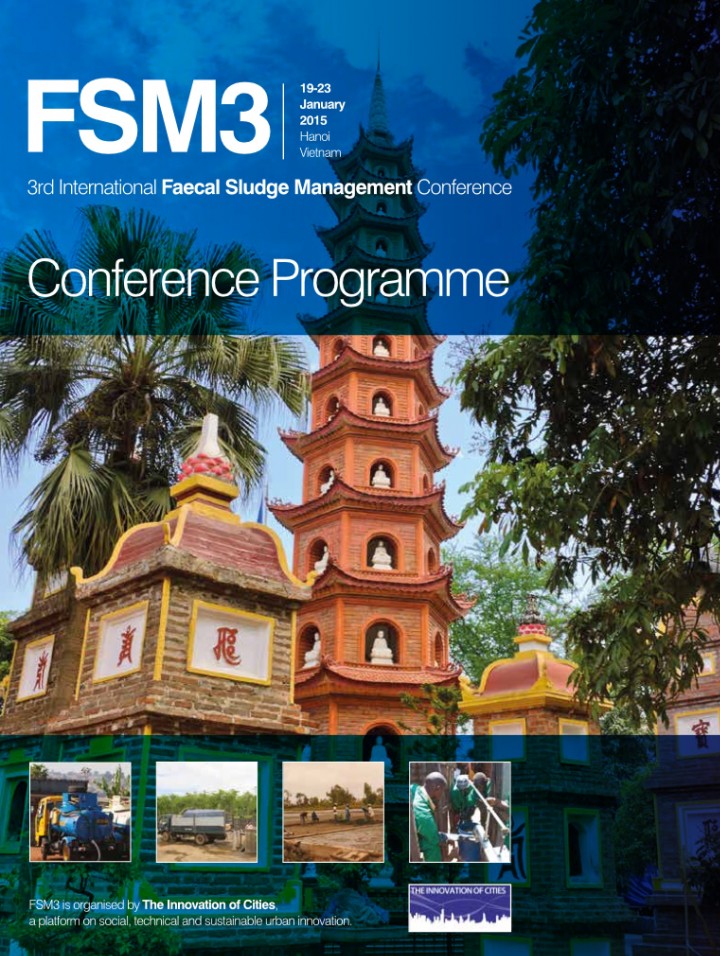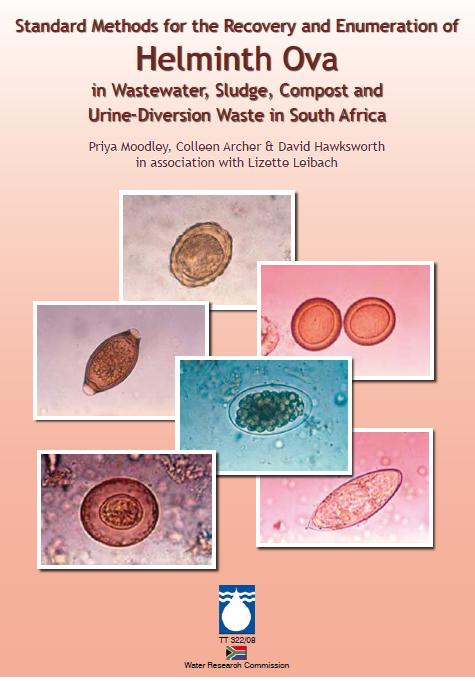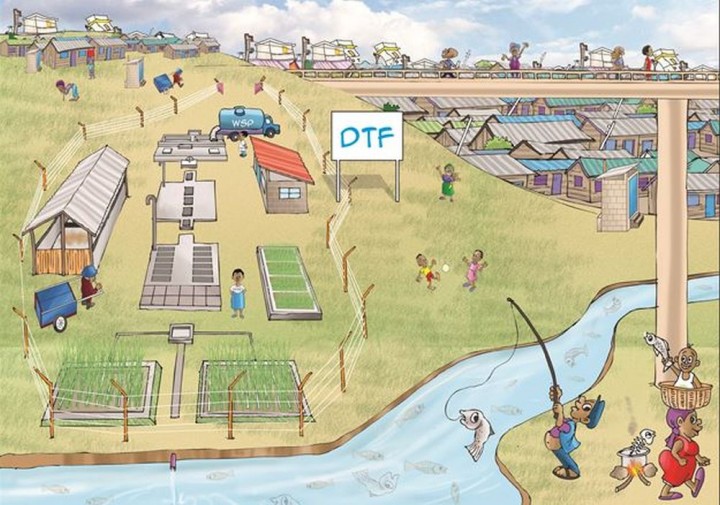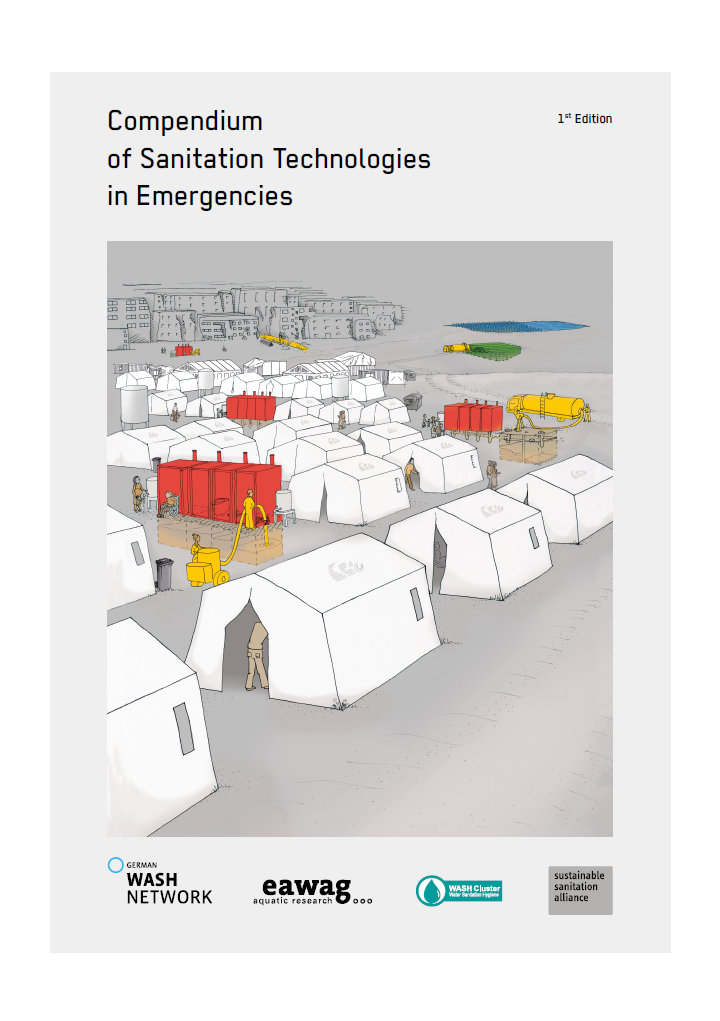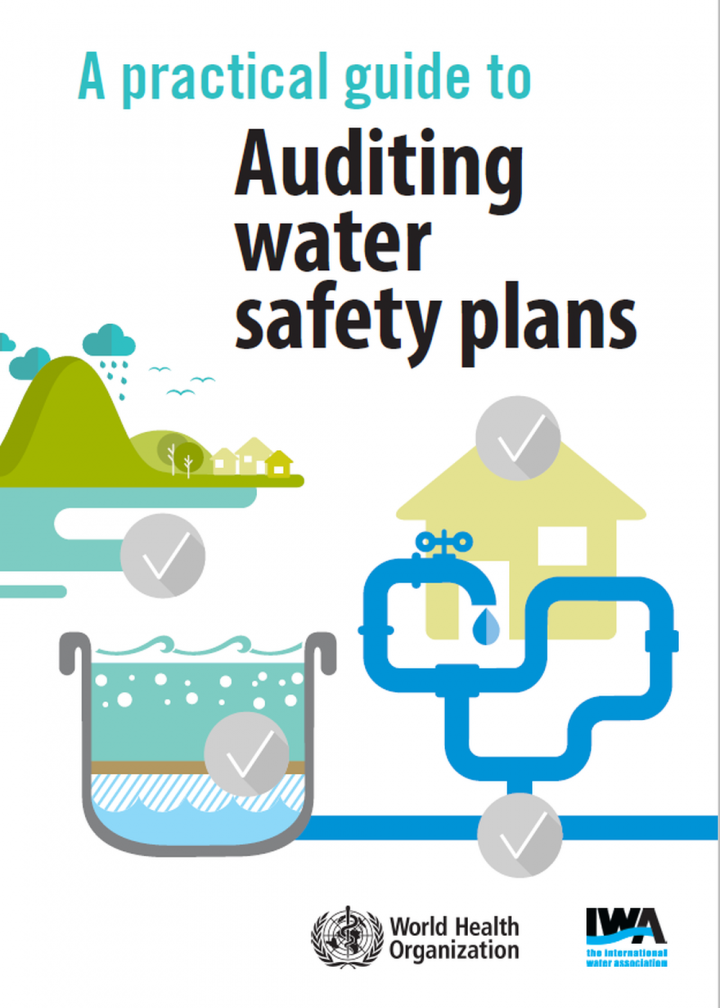Searching for information on Sanitation Workers?
The Sanitation Workers Knowledge + Learning Hub is the best source for all current news, trends, articles and updates on sanitation workers rights around the world.
Dayanand Park is a multi-utility public garden spread over seven acres of land. It is the one of the well maintained parks of the Nagpur Improvement Trust (NIT), the responsible Development Authority of Nagpur. About 1,500-2,000 People use the garden daily for recreational and leisure activities, (such as yoga, laughter club, jogging) and as play area for children. The water requirements to …
The WHO/UNICEF JMP has published its first report of the SDG period, Progress on drinking water, sanitation and hygiene: 2017 update and SDG baselines. The report introduces and defines the new indicators of safely managed drinking water and sanitation services. Estimates of safely managed drinking water services, the indicator for SDG target 6.1, are presented for 96 countries, while estimates …
This case study describes the Upscaling Basic Sanitation for the Urban Poor (UBSUP) programme, which is a country-wide up-scaling intervention aimed at providing access to basic household sanitation in urban low income areas of Kenya. UBSUP is anchored at the Water Sector Trust Fund with technical support from GIZ and funding from the Bill and Melinda Gates Foundation and the German Government …
The Sex for Water (SFW) Baseline Report assesses and provides evidence of existence of sextortion practice in the water, sanitation and hygiene (WASH) sector for better intervention programming. It discusses the linkages between access to WASH services, corruption and sextortion. It also highlights other aspects of sexual abuse and the associated response and redress mechanism.
The survey was …
In 2012, the Water Research Commission, together with the Bill and Melinda Gates foundation, took a strategic decision to develop capacity in Africa to deal with faecal sludge management. This initiative, known as the Sanitation Research Fund for Africa (SRFA) Project, provides an exclusive research and development grant of up to US$200 000 to African institutions and organisations.
12 …
The Third International Faecal Sludge Management Conference was held in Hanoi from the 18th to the 21st of January 2015. More than 700 delegates from around the world shared ideas and discussed challenges and opportunities in on-site sanitation.
Below you find the list of papers in chronological order by day (Day 1-3) and room (room 1-3 ). In order to search by author, simply press "Ctrl+F" …
This library entry contains key documents involved in the implementation of the UBSUP programme, from the social marketing for improved toilet at household level to the construction and operation of the sanitation infrastructures (toilet and Decentralised Treatment Facility). Note that more documents are available on the SafiSan toolkit located in the WSTF website, see link below.
As an …
Appropriate and adequate sanitation solutions are crucial for the protection of human health in emergencies. In recent years there has been an increasing number of sanitation innovations, appropriate for a variety of humanitarian contexts and a stronger sector focus on the entire sanitation service chain (from the toilet via collection and conveyance to the final treatment and safe disposal …
The water safety plan (WSP) approach is widely recognized as the most reliable and effective way to consistently manage drinking-water supplies to safeguard public health. Since the introduction of WSPs in the third edition of the WHO Guidelines for Drinking-water Quality (GDWQ) and the International Water Association (IWA) Bonn Charter for Safe Drinking Water in 2004, a significant number of …

